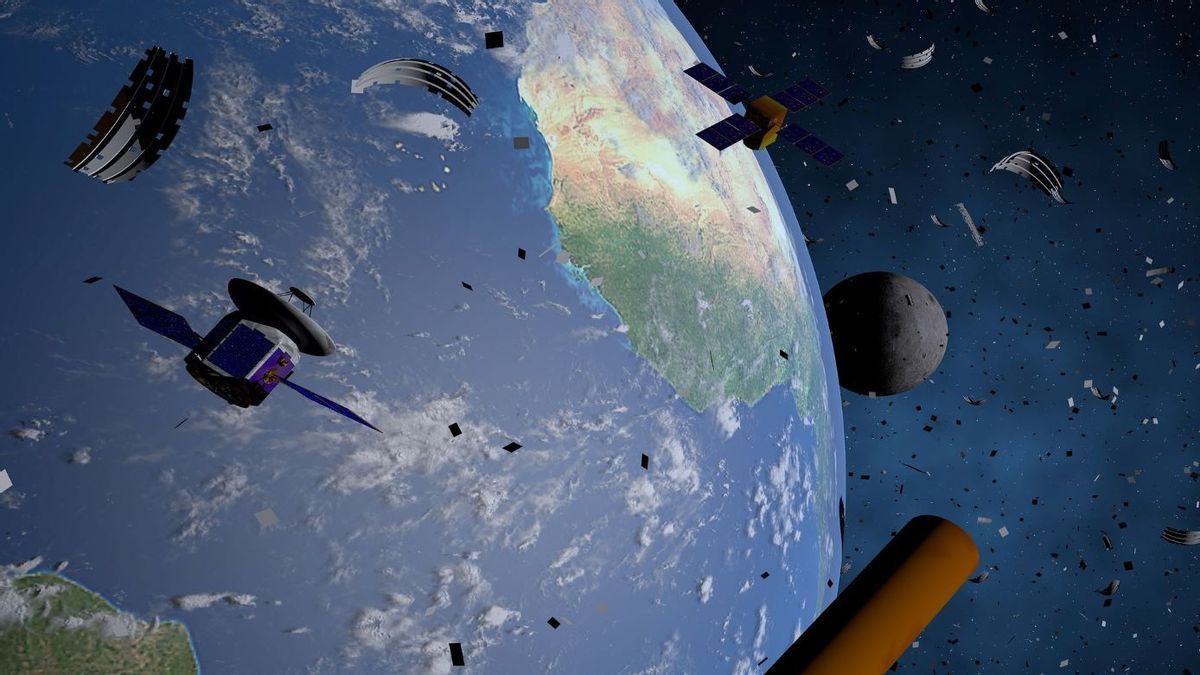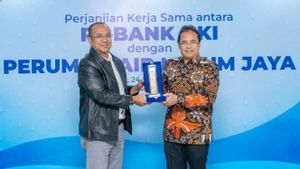JAKARTA On August 6, China launched its first 18 satellites to build megaconstellations in the Low Earth Orbit (LEO). Dozens of satellites were successfully launched by leaving dozens of debris. Based on the findings of Slingshot Aerospace, a space tracking company, there are more than 50 debris located on the satellite's orbital path. The debris is thought to have come from a fraction of the Long March 6A rocket. "Complete images of the Slingshot's optical fence focused on the Slingshot's LEO show a series of bright and unexpected objects moving along the same orbital path as the rocket's body and satellite G60," the Slingshot said via LinkedIn. Some time ago, the US Space Force Tracking tool (S4S) confirmed that Long March 6A broke while in space. The rocket that pushed the G60 satellite broke out within a day after launch. "The break is likely to occur on August 7, at 15:48 UTC. The traced parts are being included in a routine conjunction assessment to support the safety of spaceflight," said the US Space Force (USSF), quoted from Spacenews.
SEE ALSO:
Neither the Slingshot nor the USSF, however, said that this fraction poses any threat to other space missions. However, there is a possibility that this fraction threatens future spacecraft or astronauts. It is not yet known what the variation or average size of the debris created by Long March 6A. The Slingshot reveals that tens of these debris travel about 7.5 kilometers per second or about 27 thousand kilometers per hour. This is not the first time the Long March 6A rocket has left debris while launching a satellite belonging to the China Aerospace Science and Technology Corporation (CASC). A few years ago, the rocket even created hundreds of debris. "In November 2022, the Long March 6 fracture caused hundreds of debris as reported in NASA's Orbital Debris Quarterly News," explains Slingshot.
The English, Chinese, Japanese, Arabic, and French versions are automatically generated by the AI. So there may still be inaccuracies in translating, please always see Indonesian as our main language. (system supported by DigitalSiber.id)
















